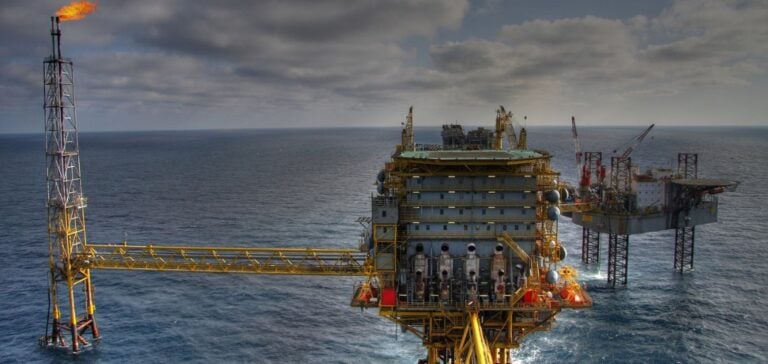The Argerich-1 offshore drilling project, carried out by Equinor in collaboration with YPF and Shell, represented a major step forward for oil exploration in Argentina. Located in the CAN-100 block off the coast of Buenos Aires, this well was eagerly awaited, not least because of its geological similarities withprolific deposits in Namibia. Expectations were high, with the project targeting initial production of 200,000 barrels per day (b/d), or around 30% of Argentina’s total oil production. However, preliminary results showed the absence of hydrocarbons, leading Equinor’s experts to declare the well dry.
Future analysis and outlook
Despite this disappointment, Equinor and its partners have no intention of abandoning the project. The data collected during drilling and seismic surveys will be analyzed in detail to better understand the hydrocarbon potential of this region. According to an Equinor spokesperson, these in-depth analyses could reveal more promising drilling zones at different depths. Argentine authorities and YPF executives have emphasized the strategic importance of the North Argentine Basin, often compared to the Vaca Muerta for its potential to transform the country’s energy landscape. Additional drilling is planned to further explore the region’s resource potential.
Reactions and Impact on the Energy Sector
News of the dry well drew mixed reactions from Argentina’s energy industry. Fernanda Raggio, VP Exploration at YPF, expressed optimism about future exploration, noting that further drilling in deeper zones could reveal positive results. YPF and government officials continue to believe in the potential of this region, not least because of recent discoveries in Namibia that share similar geological features. The importance of finding a viable oil system is crucial to Argentina’s energy prospects.
Implications for Investment and Regulation
The results of the Argerich-1 well could have significant implications for future investment in offshore exploration in Argentina. Businesses and investors will be closely watching the analyses and future decisions regarding drilling in the North Argentine Basin. In addition, the authorities could review and adjust regulations and incentives to encourage more investment in this sector. A major discovery in this region could not only boost national oil production, but also position Argentina as a key player on the global energy market. Despite the initial setback, the North Argentine Basin remains an area of great interest, and efforts to explore its potential will continue. The next steps will be crucial in determining the future of offshore exploration in Argentina.





















